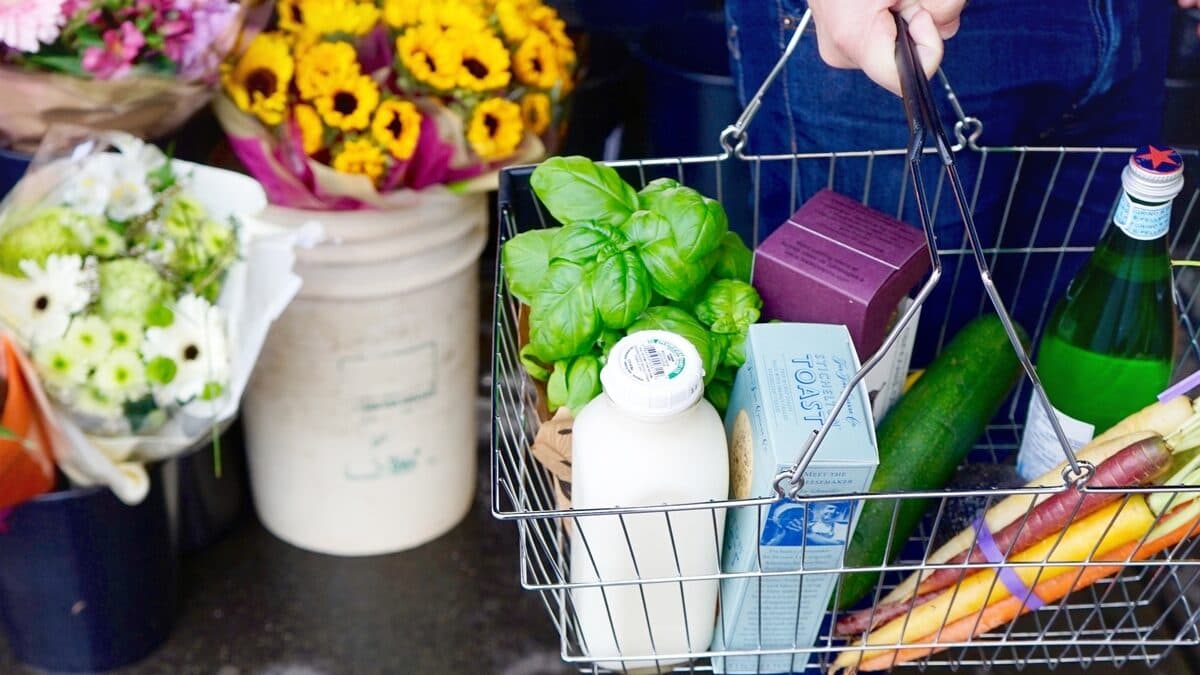A new trends report finds that Agribusinesses and Food & Beverage (F&B) are key sub-sectors for market participants to invest in.
The report looks at which sub-sectors saw the most growth in deal volume and value in FY21, demonstrating their popularity as successful business ventures and consumer demand trends.
It examines the food, beverage, and agricultural industries’ merger and acquisition (M & M&A) and equity market activity over a year.
According to the Grant Thorton Bite-Size Dealtracker 2021 report, Agribusiness and Food & Beverage have shown resilience and proven themselves a desirable sector for investors, with 1,014 global transactions from July 2020 to June 2021.
“Increased innovation and productivity in the Agribusiness, F&B markets continues to create positivity in the industry and attract significant interest from Foreign and Domestic investors,” says Cameron Bacon, Partner and Victorian Head of Agribusiness, Food & Beverage.
“This year’s Dealtracker insights clearly showed that the Australian sector experienced a significant rebound in transaction volumes and values since the impact of COVID-19 on the market in the first half of 2020.”
The following Agribusiness, Food & Beverage sectors are expected to continue to grow throughout FY22:
Craft Beer
Over the past few years, Australia’s interest and consumption in the craft brewery sector have continued to grow.
The market has exploded over the last few years with many new beers and ciders produced. As these new products gain increasing acceptance, more transactions are taking place.
According to the report, the number of transactions in the Australian brewery subsector currently accounts for 4 per cent of all transactions in Australia. This figure is expected to grow significantly in the next 12 months, with craft breweries playing a significant role.
Pre-packaged meals
This year has seen an increase in the popularity of pre-packaged foods. The TV dinner is back, and Australians enjoy fresh vegetables, tender meats, healthy sides, and various sauces from various cuisines in a pre-packaged and convenient serve.
Pre-packaged meals are part of the packaged foods and meats subsector, which continues to account for the majority of all transactions and is expected to maintain its lead in FY22.
Innovative agricultural products
As new technology emerges in all sectors, food and beverage producers proactively integrate it into their operational and production processes.
Even though the composition of deals in this subsector has remained consistent with the historical period, the size of Agricultural Product deals has increased due to the subsector’s push for innovation to reduce costs, increase yields, and reduce emissions.
Agricultural Products accounted for 30percent of the top ten Australian deals tracked by Dealtracker. This demand is expected to remain strong in the coming year.
Carbon capture is another evolving space in the Agricultural Products subsector that is expected to see more M&A activity in the coming years.
Plant-based meats
Part of this innovation in agricultural products has seen a rise in plant-based meat alternatives. In response, consumers have taken to these foods with great enthusiasm.
Many plant-based products result from agricultural innovation and are packed with nutritional value. Plant-based meat products offer consumers who want to try something new but don’t stray too far from their traditional meals.
Distillers & Vintners
This year’s Dealtracker report discovered Distillers & Vintners accounted for 22 per cent of all Australian acquisition deals in FY21.
Wineries that did well during the COVID-19 lockdowns engaged in creative direct marketing activities such as delivering boxes of wine to people’s doorsteps across the country.
Furthermore, the rise in popularity of spirits such as bespoke gins, whiskies, and vodkas throughout the pandemic has given this subsector a significant boost in the last year. This trend is expected to continue into FY22, with an increase in M&A activity anticipated.
Australian M&A Insights
Australia ranked fifth in the current period, accounting for 4.9 per cent of global M&A deal activity.
According to the report, 75 per cent of Australian deals (less than $100 million) involved small to medium-sized businesses. This decreased from the historical average of 80 per cent, indicating that slightly more Australian transactions are worth more than $100 million.
Asset sales accounted for 52 per cent of Australian transactions, up from 45 per cent the previous year and far exceeding the global average of 26 per cent.
This trend is expected to continue as foreign and domestic investors continue to be drawn to the Australian land and agriculture-related assets, accounting for a greater proportion of Australian sales.
In line with the global trends
The global investment manager (IM) investors continue to be particularly interested in the Packaged Foods and Meats Subsector, making up 77 per cent of the IM deals for the period.
The sub-sector continues to provide strong growth opportunities through global distribution channel development and leveraging on Intellectual Property such as premium brands.
An increase in the value of ESG (Environmental, Social, and Governance) investing makes the sector more appealing to IMs. There is a strong push for businesses to make operations sustainable and substantial government investment and grant opportunities.
Geographically, Europe and North America contribute to more than 80 per cent of global IM deals. In comparison, the Asia Pacific region accounted for 11 per cent of global IM deals during the period.
Australia had 6 IM deals during the period, accounting for 32 per cent of total Asia Pacific IM deals, a decrease from the historical average of 41 per cent due to COVID-19 travel restrictions.
Here’s the complete Grant Thornton Bite-Size Dealtracker 2021 report
Keep up to date with our stories on LinkedIn, Twitter, Facebook and Instagram.

